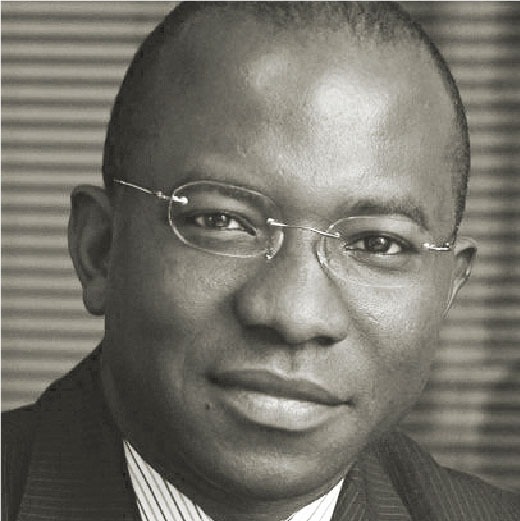Grace – the elusive leadership trait
posted in
Insights from our consultants
on
April 27, 2022
What is grace? Some call it class but this is only a sheen with grace being a deeper, fundamental element.
Michael Swinsburg, Managing Partner at Alexander Hughes Australia, reviewed how to build our Grace to solve today’s VUCA challenges. Grace is a DIY job, writes Michael Swinsburg – leaders need to grow, model, and commit. Grace is inclusive and inspirational.











